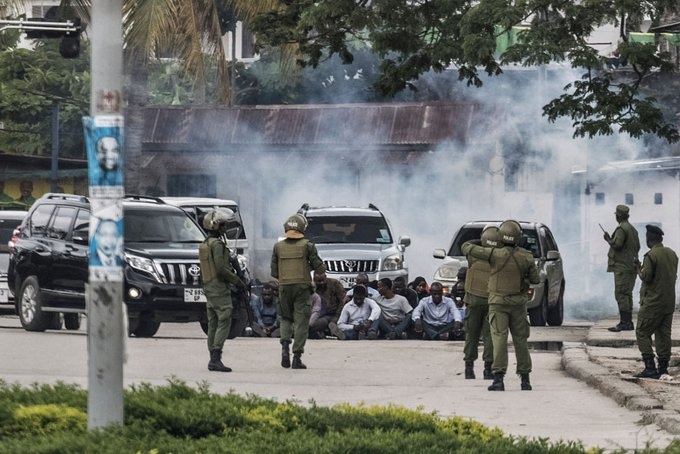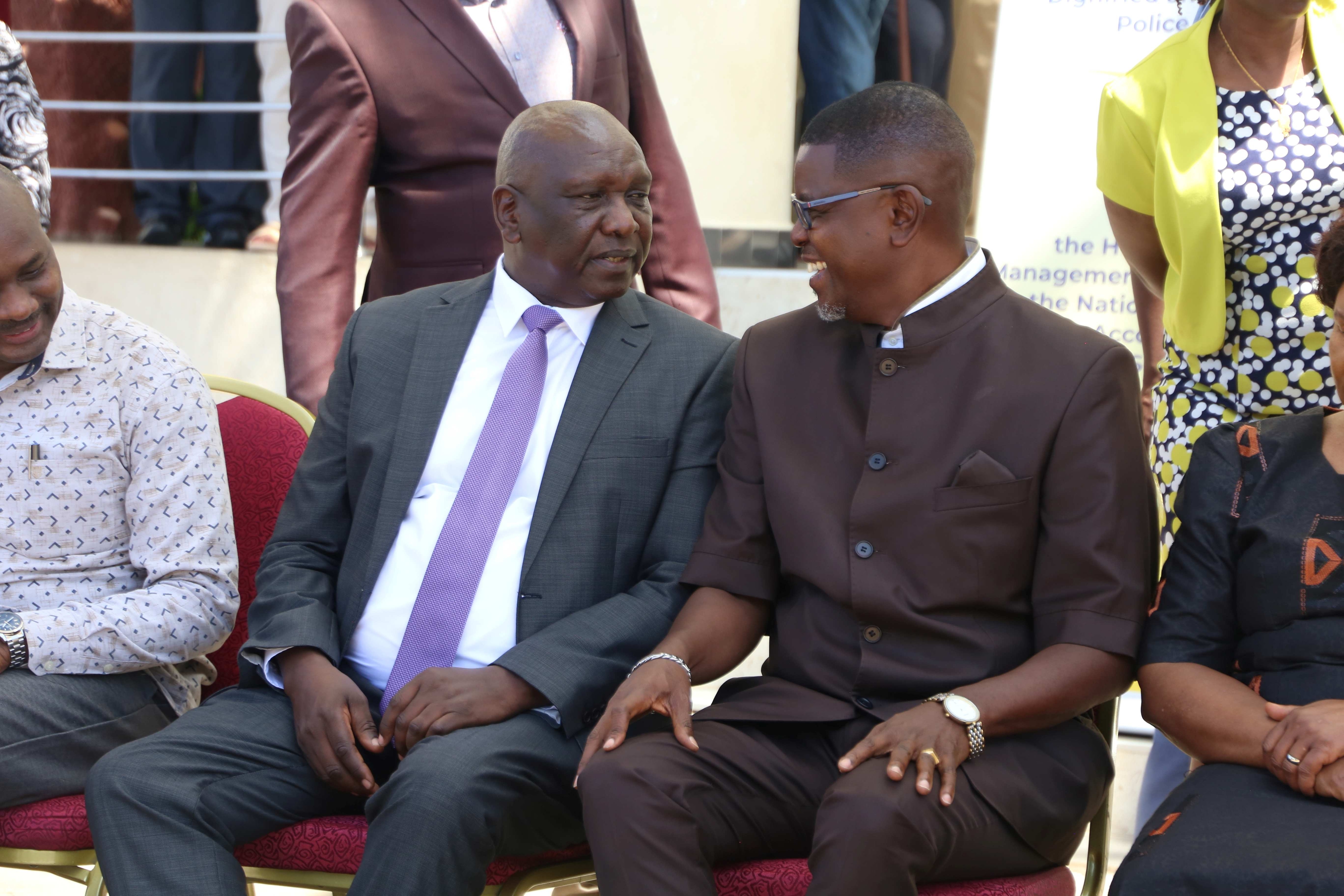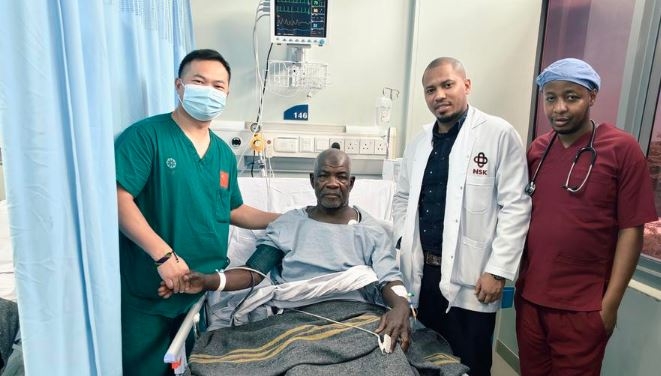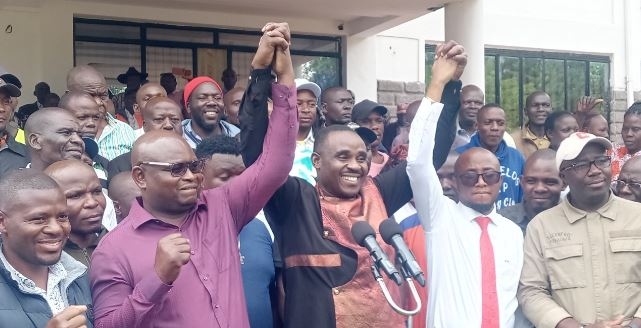The government has been given the okay to use Sh1 billion from the Green Climate Fund to clean up the heavily polluted Nairobi River basin.
National Environment Management Authority director general Mamo Mamo said the conditions that were given have since been met.
“We had an engagement with the GCF team in Namibia. We received an indication that they are going to allow us to use the Sh1 billion for the restoration of the Upper Athi River Catchment,” he said.
One of the conditions set by GCF was to open a dollar account, a condition they have already met.
“We also needed to get concurrence from the Water Resource Authority as a partner in the implementation of GCF and also from the Kenya Meteorological Department," Mamo said.
He said the two institutions are executive entities that will work with authority to execute the clean-up.
“We will very soon roll out this project, essentially to undertake three activities. One of the activities is pollution control from the source,” Mamo said.
The GCF regional dialogue with Africa was held from November 6 to 10 in Windhoek, Namibia.
The event provided a platform for engagement with national designated authorities, direct and international accredited entities, and other relevant GCF partners.
Its main aim was to increase understanding of GCF priorities, policies, and tools.
The event also focused on supporting the development of innovative paradigm-shifting investments and impactful readiness support at the national and regional levels.
Bilateral meetings between national designated authorities, accredited entities, and the GCF Secretariat staff were part of the discussions.
The Regional Dialogue also included a series of technical discussions and workshops that targeted specific topics designed to support programming for both private and public sectors.
The event also provided matchmaking opportunities for NDAs and accredited entities to strengthen partnerships.
The dialogue also provided a platform for NDAs, AEs, and relevant stakeholders to share experiences and promote peer-to-peer learning.
Mamo said the clean-up will commence from the Ondiri swamp all the way to Athi River.
He said the project will also support drilling of boreholes and small dams to build communities' resilience.
Nema plans to restore Nairobi River basin ecosystem through the protection of the riparian and bamboo within the riparian.
Mamo said there is a likelihood that more funds will come from the fund.
“They call the funds readiness—to prepare ourselves for the upcoming projects. The amount is Sh4 million dollars per year per entity,” he said.
Nema, being the national implementing entity for GCF, has direct access.
“We will be able to use this funding to make more bankable proposals, working together with a number of state and non-state actors,” he said.
Mamo said the outcome of the conference was quite impactful for the country.
Decades ago, the Nairobi River basin had clean drinking water from four main rivers namely, Ngong, Nairobi, Mathare, and Mbagathi.
Young boys used to fish along the river because of its clean, sparkling nature from Lavington to Dandora.
It also abounded with water beetles, dragonflies, and other creatures.
Today, the Nairobi River—a Maasai name for cool waters—does not support life, except for scum and maggots.
Already, the state has formed the Nairobi River Commission to try and restore the basin to its former glory.
Dr Pamela Olet is the Chairperson of the Commission, which is domiciled under the Office of Deputy President.
The cleanup operation will cover Nairobi, Kiambu, Kajiado, Machakos, and Makueni counties, with actors drawn from various ministries and agencies.
Massive resources are needed, but each thematic area has its key stakeholders and resources.
Former Kiambu Governor Ferdinand Waititu is one of the members of the commission.
Other members include Eva Muhia, representing riverine communities; Elizabeth Wathuti, representing civil society; Carlota Dal Lago, representing the private sector; and Elijah Biama and Duncan Ojwang, both representing academia.
There is also Mumo Musuva, a representative from Nairobi county, and Grace Mesopirr, representing the Ministry of Environment and Forestry.
The members shall hold office for a term of three years, renewable once based on performance.












